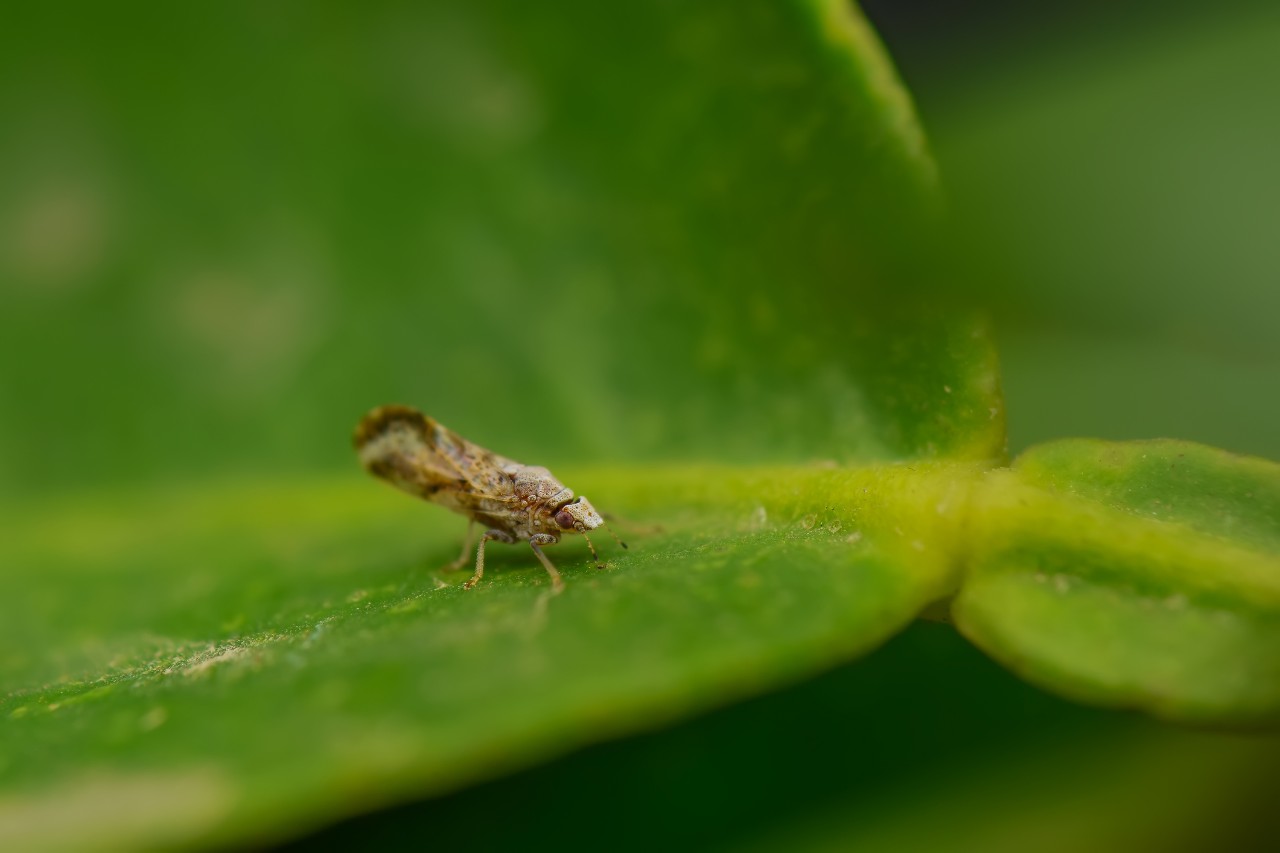
Researchers decode genome of insect harmful to citrus
Biologists at UC contributed to study on destructive insects
The Lake Okeechobee News in Florida highlighted an ambitious research project to unlock the genome of an insect that has devastated citrus growers.
Biologists with the University of Cincinnati collaborated with several other institutions on the project to study a sapsucking lice called the Asian citrus psyllid that feeds on citrus leaves. The insect spreads a bacterial infection called citrus greening disease that has caused billions of dollars in crop damage.
The disease has wiped out millions of acres of citrus trees in the United States and around the world. There is no known cure, according to the U.S. Department of Agriculture.
UC partnered with Indian River State College, the Boyce Thompson Institution, Cornell University and Kansas State University.
By unlocking the genome of the insect, researchers hope to find more effective methods to control the spread of the insect.
Read the Lake Okeechobee News story.
Featured image at top: UC biology students contributed to a study unlocking the genome of an insect that has devastated the citrus crop. Photo/Utkarsh Patil
Related Stories
NatGeo: UC discoveries featured in new series on ancient Maya
March 25, 2024
UC's research on the ancient Maya in Tikal is featured in a new National Geographic series called "The Rise and Fall of the Maya."
Wired: Is psychedelic therapy bubble about to burst?
September 9, 2022
UC postdoctoral researcher Nese Devenot talks to Wired magazine about challenges facing psychedelic therapies.
Psychedelic research renaissance
August 16, 2022
Psychedelics such as LSD, psilocybin and MDMA are gaining increasing attention in scientific and medical circles because of the potential they hold for treating anxiety disorders and emotional trauma. UC's Nese Devenot explains why psychedelics are seeing a research renaissance.
